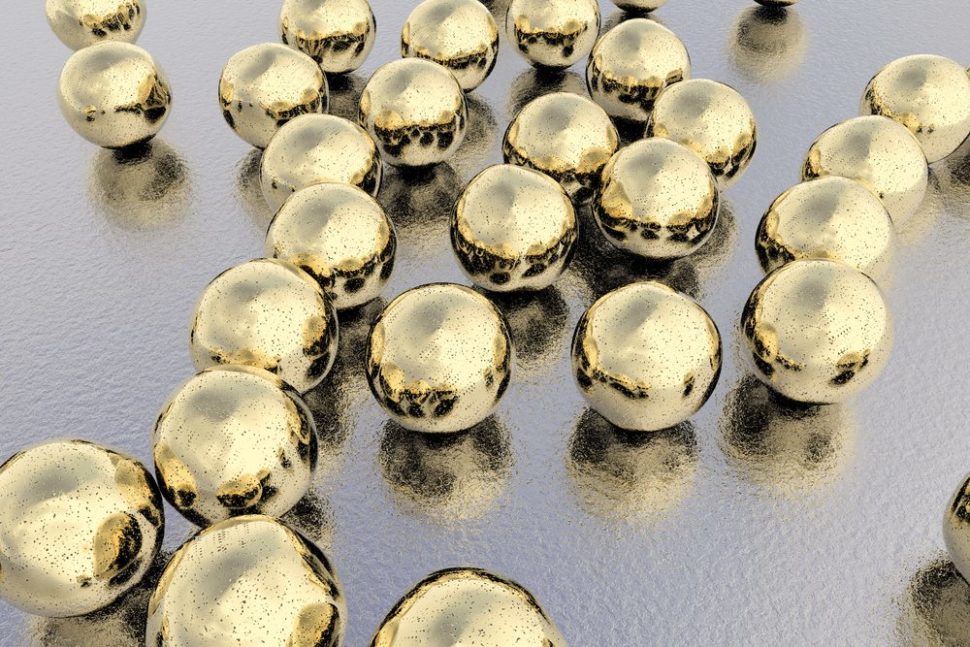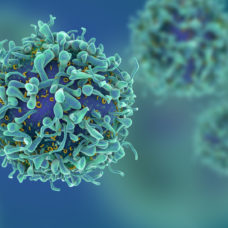Scientists found a way to use gold nanoparticles to make drugs target specific areas more efficiently.
Nanotechnologies and those related to medicine, in particular, are progressing rapidly.
While regulators are following the development of nanotechniques in medicine to evaluate their potential benefits and risks, nanoscience is making big leaps forward in the medical sphere.
Nanomedicine: At the Crossroads Between Nanotech and Medicine
Medical applications of nanotechnology became to be known as nanomedicine, a field that has seen considerable progress in recent years.
With the effective diagnosis, treatment, and prevention tools and techniques, nanomedicine promises to take medicine to a new era.
Nanoparticles are the fruit of nanoscience and nanotechnologies. Thanks to decades of research, these tiny, tiny particles have found several industrial applications in many fields.
Nanoparticles, with a size between 1 and 100 nanometers, have been artificially manufactured for several years and used in chemistry, cosmetics, electronics, food, and many other industries.
In medicine, or healthcare and life quality in general, nanoparticles have shown their potential.
Of course, there are also nanoparticles that are harmful to health and the environment which result as a byproduct of a reaction known as airborne particulate.
But, it’s not all bad. It turns out that nanoparticles can also make these toxic ultrafine aerosols less pollutant.
A study shows that the vectorization with nanoparticles is an effective method to reduce the toxicity of certain airborne pollutants.
Medical diagnosis, for example, is set to undergo a deep disruption thanks to solutions based on nanotechnologies like nanoelectronics and nanoparticles.
Recently, scientists used gold nanoparticles to track, detect, and record the effects of pollutants on the human heart.
And that brings us to our next point.
Gold Nanoparticles as Smart Drug Delivery Devices
Another critical aspect of medical treatment that nanoparticles can influence is drug administration.
Nanoscientists have been exploring gold nanoparticles as precise drug delivery systems.
Thanks to their size, nanoparticles can navigate through the body and bypass biological barriers like the digestive tract that might block drugs or cause them to deteriorate.
Now, scientists at the University of Lincoln (UK) have developed a method to coat gold nanoparticles with proteins to make them “smarter” at reaching their target area to deliver the drug.
“Gold nanoparticles are a vital tool in new drug development and drug delivery systems.” Says Dr Enrico Ferrari, who led the study, “We have unlocked the key to binding proteins and molecules so that those drugs will be more effective.”
When we ingest drugs, we’re exposing our entire body to it rather than just the area where it’s most needed. “Smart” nanotech could change that.
By delivering drugs directly to the right place, we can induce the dose necessary to raise treatment efficacy.



















Comments (0)
Least Recent